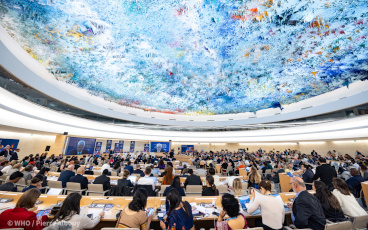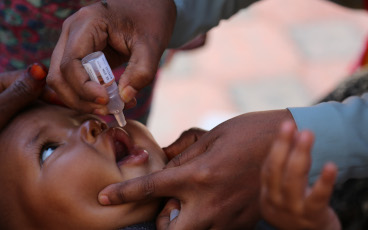Two Years Free From Wild Polio in Nigeria
A milestone for polio eradication efforts in Nigeria highlights the need for renewed energy and commitment to eradicate the poliovirus for good.
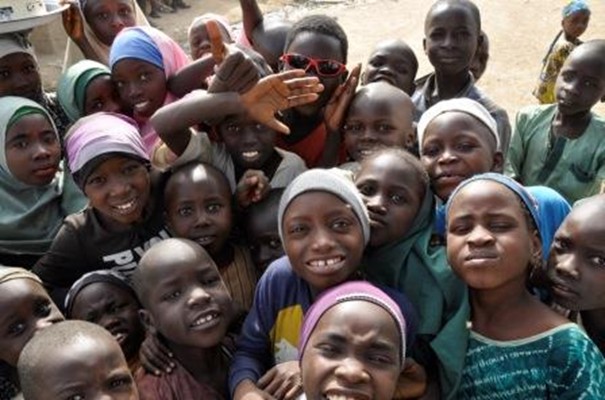
The 24 July marks two years with no case of wild poliovirus in Nigeria – a milestone for the polio eradication programme and an important step toward a polio-free world. Yet there is much still to be done. Nigeria and the African region need to protect the gains made and tackle continuing challenges to eliminate the risk of polio.
A milestone
This month marks the longest Nigeria has ever gone without a case of wild poliovirus, with the country taken off the list of polio-endemic countries in September 2015. Thanks to the hard work of the government, partners, community leaders, health workers and donors, this is the closest the country, and the world, has ever been to ending polio. This important milestone leaves the global community cautiously optimistic that ending polio in Nigeria, and the whole African continent, is within our grasp.
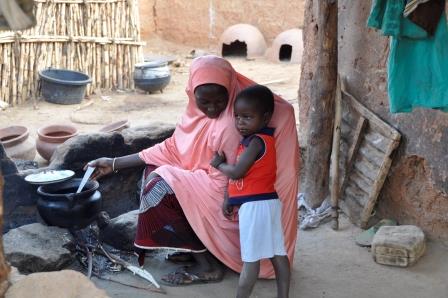
Progress in Nigeria
Innovation has underpinned the strong progress seen against polio in Nigeria, including novel strategies and the incredible commitment of tens of thousands of health workers. One hundred and fourteen mobile health teams, developed to access children in the most remote areas, now reach nearly 7,000 settlements across ten states with polio vaccines and other primary health care services. There must be a sustained focus on innovative solutions to issues such as accessibility that continue to leave children in remote areas vulnerable to retransmission of the virus.
A long way to go
While two years with no wild polio in Nigeria is cause for celebration, it must not be a cause for complacency. The recent meeting of the Expert Review Committee (ERC) in Abuja highlighted that there is still a long way to. Polio eradication needs to be kept top of the priority list in Nigeria until the job is done completely and the entire African region certified polio-free. President Muhammadu Buhari called for a reinvigoration of polio eradication efforts whilst receiving WHO representatives earlier this month, emphasizing that ‘‘… we have not recorded any case of polio in the last two years, but we should not be complacent. The breakdown of law and order in the North East has posed challenges to regular immunization.” This vigilance at the highest level is paramount in ensuring that no child is forgotten in the fight against polio in Nigeria.
“We have not recorded any case of polio in the last two years, but we should not be complacent.”
President Buhari
The work ahead
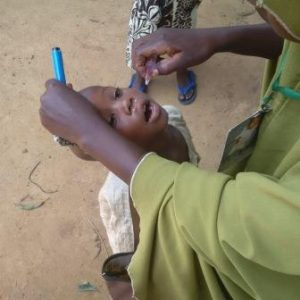
Improving the scope of surveillance and immunization activities is vital if Nigeria is to be kept polio-free. At least one more year must pass without a case of wild poliovirus in order for the WHO African region to be certified polio-free. The ERC highlighted the steps that need to be taken to progress towards certification. Investing in strengthening routine immunization must now be the priority of the government and partners in order to sustain the gains of the polio eradication programme and protect children against other vaccine-preventable diseases. It is imperative that these steps are taken in order to make sure that no child is left vulnerable and without adequate immunization
Leaving a lasting legacy
Eradicating polio in Nigeria is already benefitting the health of children across the country more broadly, and has the potential to do even more in the future. The Hard-to-Reach project, operating in high-risk states in Nigeria, exemplifies the wider health benefits that polio eradication efforts bring. The camps are built on the polio infrastructure but offer other services such as antenatal care, routine vaccines, basic medicines, screening for malnutrition and health education, targeting families that lack basic access to healthcare. Find out more about the broader benefits of polio eradication in Nigeria here.
The celebration of two years without a case of wild polio in Nigeria must constitute a call to action to maintain momentum and ensure a polio free Nigeria. This is imperative, with the entire African region drawing closer to possibly being certified polio-free in 2017. Ending polio in Nigeria will be a victory for the country and for children everywhere.






